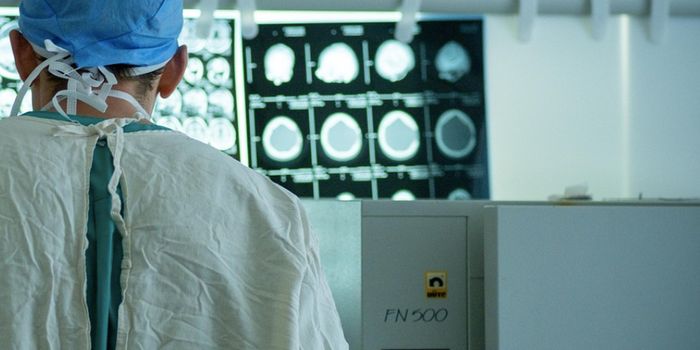Caffeine is a substance found in some foods and soft drinks. According to FDA figures, most adults in the United States consume an average of about 300 mg of it each day. 95% of the intake of caffeine comes from beverages including coffee, tea, and cocoa as well as energy drinks. While there is some concern about caffeine intake in the form of over the counter “pep pills” most people get their fix the old-fashioned way, in a drink.

Caffeine levels in the blood might be relevant for another purpose, however. New research found that testing blood levels of caffeine could be a way to aid in the diagnosis of Parkinson’s disease (PD.) PD is a debilitating disease that causes tremors, muscle rigidity and an inability to control muscle movements. Walking, holding objects and accomplishing daily tasks become almost impossible for some patients in the later stages of the disease. There is no cure for Parkinson's, and currently, the diagnosis is only made when other disorders are ruled out, rather than discovering direct evidence of it in a patient. An estimated 10 million people live with PD worldwide, so finding the cause and how to detect it are crucial to finding treatments that work.
In the study, it was found that people who have PD had much lower levels of caffeine in their blood, even when compared to others who consumed much more caffeine. To determine whether or not these lower levels were due to a genetic mutation that affected caffeine metabolism or if they were an actual indicator of Parkinson’s, the study looked at 108 patients with PD over the course of 6 years. A group of 31 healthy patients in the same age group was also part of the study. Blood levels of caffeine and 11 byproducts that break down caffeine in the blood were tested, in addition to genetic mapping for any mutation that could be related to metabolism.
Study author Shinji Saiki, MD, Ph.D., of Juntendo University School of Medicine in Tokyo, Japan explained, "Previous studies have shown a link between caffeine and a lower risk of developing Parkinson's disease, but we haven't known much about how caffeine metabolizes within the people with the disease.” Study participants who were in the later stages of the disease did not show lower levels of caffeine in the blood, leading the researchers to consider the results as the first step in early detection of the disease, in a sense catching the lower levels before the disease has progressed.
So what were the differences? Study volunteers who did not have Parkinson’s and who reported consuming about two cups of coffee per day (the most common source of caffeine for most) had caffeine levels of 79 picomoles per 10 microliters. This is more than three times the level of 24 picomoles per 10 microliters found in Parkinson’s patients with the same amount of consumption. The results were the same for the 11 byproducts that are also found in people who consume caffeine. 9 of these 11 substances were significantly lower in Parkinson’s patients, with one so low, it could not be detected.
When crunching the numbers in a statistical analysis, the score for how accurate the test was in identifying patients in the early stages of the disease was 0.98. For reference, a score of 1.0 means the test detected every case correctly. The study wasn’t without some problems. No patients who had severe PD were included, and the effects on caffeine metabolism of certain medications patients took for Parkinson’s were not considered. Check out the video below for additional information on Parkinson’s disease.









